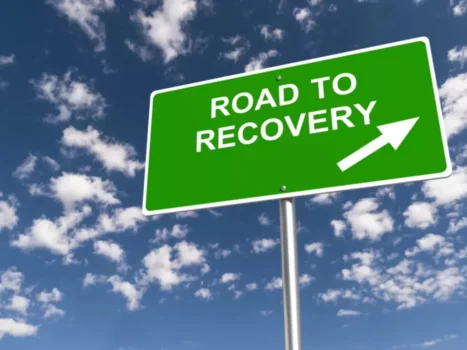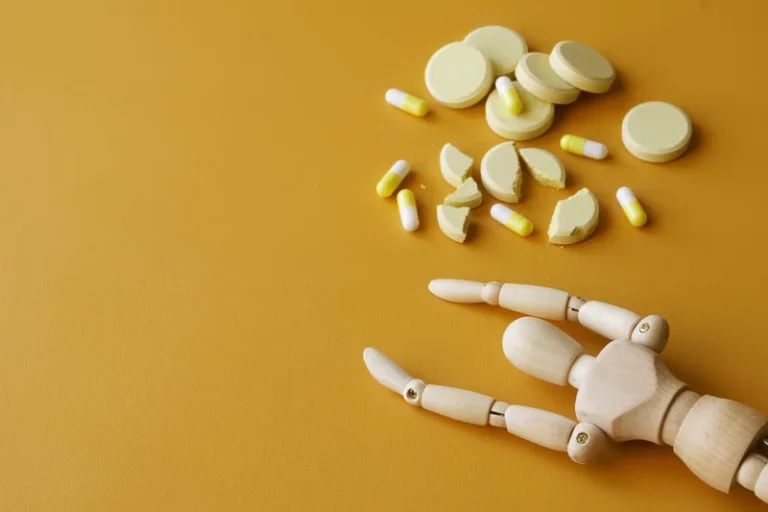
If you use cocaine regularly or to excess, you may have long-lasting and serious problems with your physical and mental health. It can affect your heart, brain, lungs, gut, and kidneys as well as your emotional health and daily life — especially if you become addicted. Behavioral treatment includes psychotherapy and other psychosocial interventions. These approaches help to maintain abstinence from cocaine after detox.
Meth, cocaine and other stimulants

Some people who’ve been using opioids over a long period of time may need physician-prescribed temporary or long-term drug substitution during treatment. Examples include methylenedioxymethamphetamine, also called MDMA, ecstasy or molly, and gamma-hydroxybutyric acid, known as GHB. Other examples include ketamine and flunitrazepam or Rohypnol — a brand used outside the U.S. — also called roofie. These drugs are not all in the same category, but they share some similar effects and dangers, including long-term harmful effects.

Substance use disorder
Despite CBT-SUD’s empirical support, several treatment considerations and implementation barriers are important to note. With cocaine use disorder, you may become both physically and mentally dependent on the drug. Even if you stop using it for a long time, you could still have cravings for the drug. Cocaine addiction is one of the different stimulant use disorders. Stimulant use disorders are a subcategory of substance use disorder. The criteria is outlined in the Diagnostic and Statistical Manual of Mental Disorders, Edition 5 (DSM-5), a guide used by psychiatrists and other mental health professionals for the diagnosis and treatment of mental health conditions.
- Synthetic cannabinoids, also called K2 or Spice, are sprayed on dried herbs and then smoked, but can be prepared as an herbal tea.
- With that said, studies have suggested that some groups are at the highest risk.
- If you snort it, you might have nosebleeds, loss of smell, hoarseness, nasal irritation, runny nose, or trouble swallowing.
- That also depends on how it’s consumed, along with other variables, like your dose and whether you’re taking other substances.
- Cocaine, especially crack cocaine, is strongly addictive for several reasons.
- Individuals with CUD face many barriers in accessing treatment for CUD, and most individuals with CUD never receive treatment.
Cocaine Use Disorder (CUD): Current Clinical Perspectives

A behavioral therapy component that may be particularly useful for helping patients achieve initial abstinence from cocaine is contingency management. Some contingency management programs use a voucher-based system to give positive rewards for staying https://ecosoberhouse.com/ in treatment and remaining cocaine-free. This page provides a deep dive into the various short-term effects and potential long-term health risks of cocaine use. Plus, it offers treatment options if you or a loved one is struggling with cocaine use.
If you inject it, you could develop tracks (puncture marks on your arms) and infections, such as HIV or hepatitis C. If you seek an inpatient program, you would be in a supervised setting where you are not able to obtain or use the drug. When you stop taking cocaine, you can experience severe withdrawal symptoms that need to be managed. The main complication of cocaine addiction treatment is overdose, which results in cocaine toxicity. While cocaine can adversely affect every organ in the body, its most dangerous and life-threatening effects are on thecardiovascular system.
How do people use cocaine?
As previously mentioned, a growing number of cocaine overdoses also involve opioids, like fentanyl. The drug disulfiram, which is used to treat alcoholism, has shown some promise for cocaine addiction. Scientists don’t know exactly how it works to reduce cocaine use. At the same time, you might develop what’s called sensitization to the drug.



